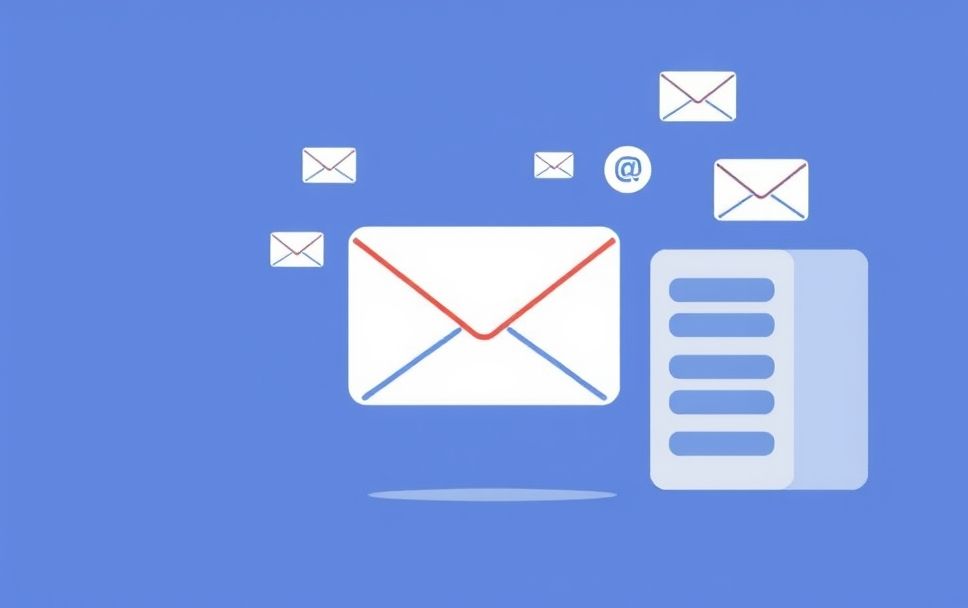Understanding Email Hosting
Email Hosting refers to a service that enables individuals and businesses to send and receive emails using their own domain name. Unlike free email services, which often use generic domains like Gmail or Yahoo, Email Hosting provides a personalized and professional email experience, enhancing brand credibility and communication effectiveness.
At its core, Email Hosting involves the management of email servers, allowing users to create and maintain email accounts associated with their domain. This service is essential for businesses as it not only improves brand identity but also offers enhanced security features, storage capabilities, and control over email data.
The Importance of Email Hosting in Web Development
For programmers, web developers, and server administrators, Email Hosting is crucial in several contexts:
- Brand Identity: Using a custom domain for email addresses (e.g., contact@yourcompany.com) reinforces brand identity and professionalism.
- Enhanced Security: Email Hosting services typically offer advanced security features, such as encryption and spam filtering, protecting sensitive information.
- Reliability: Dedicated email servers ensure higher uptime and faster email delivery compared to free email services.
- Integration: Many Email Hosting providers offer seamless integration with other tools and platforms, enhancing productivity and communication.
Key Features of Email Hosting
When selecting an Email Hosting provider, consider the following key features:
- Storage Capacity: Look for plans that offer sufficient storage for emails and attachments, especially for businesses with high email traffic.
- Security Protocols: Ensure the provider offers SSL certificates, spam protection, and anti-virus measures.
- Support and Uptime: Reliable customer support and guaranteed uptime are critical to ensure your email services are always available.
- User Management: Easy management of user accounts, including creation, deletion, and permission settings, is vital for organizations.
Examples of Email Hosting Providers
Here are some popular Email Hosting providers, illustrating the diversity of options available:
| Provider | Key Features |
|---|---|
| Google Workspace | Custom domain emails, collaboration tools, 30 GB storage, advanced security |
| Microsoft 365 | Office integration, 50 GB storage, advanced threat protection |
| Zoho Mail | Ad-free experience, 5 GB storage, collaboration tools |
| Bluehost | Free domain email, 5 email accounts, 5 GB storage |
Applications of Email Hosting in Daily Operations
Understanding how to leverage Email Hosting can significantly enhance daily operations for businesses and developers. Here are some practical applications:
- Client Communication: Utilizing a professional email address fosters trust and ensures clear communication with clients.
- Marketing Campaigns: Many Email Hosting services provide tools for managing newsletters and marketing emails, allowing for better engagement with customers.
- Collaboration: Integration with productivity tools allows teams to collaborate effectively, sharing documents and schedules via email.
- Data Management: Storing emails related to projects or clients can be simplified with designated folders and labels, enhancing project management.
Choosing the Right Email Hosting Provider
When it comes to selecting the right Email Hosting provider, consider the following steps:
- Assess Your Needs: Determine the number of users, storage requirements, and specific features needed for your organization.
- Compare Providers: Evaluate different providers based on features, pricing, and customer reviews to find the best fit.
- Check Support Options: Ensure the provider offers reliable customer support, including chat, email, or phone options.
- Test the Service: Many providers offer free trials. Utilize these to test the interface, usability, and overall performance.
Related Concepts in Email Hosting
Email Hosting is interconnected with several other concepts in web hosting and online communication:
- Web Hosting: While Email Hosting focuses on email services, web hosting provides space for websites, often including email services as part of the package.
- Domain Registration: To use Email Hosting, one must first register a domain name, which serves as the foundation for custom email addresses.
- Cloud Storage: Many Email Hosting services offer integrated cloud storage solutions, allowing for easy file sharing and collaboration.
- DNS Management: Proper DNS configuration is crucial for ensuring that email services work smoothly and are not marked as spam.
Conclusion
In summary, Email Hosting is not just a service; it’s an essential tool for any business or individual looking to establish a professional online presence. By choosing the right Email Hosting provider, understanding its features, and recognizing its applications, you can enhance communication, improve brand identity, and manage your operations more effectively.
Consider implementing Email Hosting today to elevate your communication strategy. Whether you are a programmer, web developer, or server administrator, understanding and utilizing Email Hosting can lead to significant benefits in your daily operations.









